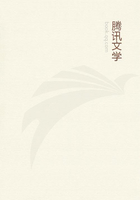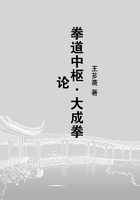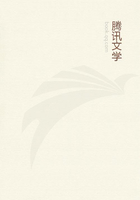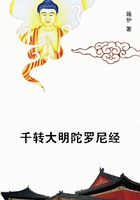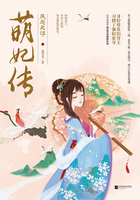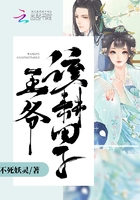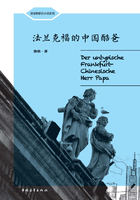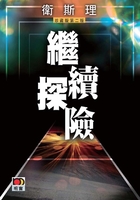Fragments of these dating from the beginning of the fourteenth century have come down to our own days, adorned with paintings from the hands of the greatest masters.Among other instruments the first place was held by the violin, which even then conferred great celebrity on the successful player.At the court of Leo X, who, when cardinal, had filled his house with singers and musicians, and who enjoyed the reputation of a critic and performer, the Jew Giovan Maria del Corneto and Jacopo Sansecondo were among the most famous.The former received from Leo the title of count and a small town; the latter has been taken to be the Apollo in the Parnassus of Raphael.In the course of the sixteenth century, celebrities in every branch of music appeared in abundance, and Lomazzo (1584) names the three most distinguished masters of the art of singing, of the organ, the lute, the lyre, the 'viola da gamba,' the harp, the cithern, the horn, and the trumpet, and wishes that their portraits might be painted on the instruments themselves.97 Such many-sided comparative criticism would have been impossible anywhere but in Italy, although the same instruments were to be found in other countries.
The number and variety of these instruments is shown by the fact that collections of them were now made from curiosity.In Venice, which was one of the most musical cities of Italy, there were several such collections, and when a sufficient number of performers happened to be on the spot, a concert was at once improvised.In one of these museums there was a large number of instruments, made after ancient pictures and descriptions, but we are not told if anybody could play them, or how they sounded.It must not be forgotten that such instruments were often beautifully decorated, and could be arranged in a manner pleasing to the eye.We thus meet with them in collections of other rarities and works of art.
The players, apart from the professional performers, were either single amateurs, or whole orchestras of them, organized into a corporate Academy.Many artists in other branches were at home in music, and often masters of the art.People of position were averse to wind instruments, for the same reason which made them distasteful to Alcibiades and Pallas Athene.In good society singing, either alone or accompanied with the violin, was usual; but quartettes of string instruments were also common, and the 'clavicembalo' was liked on account of its varied effects.In singing, the solo only was permitted, 'for a single voice is heard, enjoyed, and judged far better.' In other words, as singing, notwithstanding all conventional modesty, is an exhibition of the individual man of society, it is better that each should be seen and heard separately.The tender feelings produced in the fair listeners are taken for granted, and elderly people are therefore recommended to abstain from such forms of art, even though they excel in them.It was held important that the effect of the song should be enhanced by the impression made on the sight.We hear nothing, however, of the treatment in these circles of musical composition as an independent branch of art.On the other hand it happened sometimes that the subject of the song was some terrible event which had befallen the singer himself.
This dilettantism, which pervaded the middle as well as the upper classes, was in Italy both more widespread and more genuinely artistic than in any other country of Europe.Wherever we meet with a description of social intercourse, there music and singing are always and expressly mentioned.Hundreds of portraits show us men and women, often several together, playing or holding some musical instrument, and the angelic concerts represented in the ecclesiastical pictures prove how familiar the painters were with the living effects of music.We read of the lute-player Antonio Rota, at Padua (d.1549), who became a rich man by his lessons, and published a handbook to the practice of the lute.
At a time when there was no opera to concentrate and monopolize musical talent, this general cultivation of the art must have been something wonderfully varied, intelligent, and original.It is another question how much we should find to satisfy us in these forms of music, could they now be reproduced for us.
Equality of Men and Women To understand the higher forms of social intercourse at this period, we must keep before our minds the fact that women stood on a footing of perfect equality with men.We must not suffer ourselves to be misled by the sophistical and often malicious talk about the assumed inferiority of the female sex, which we meet with now and then in the dialogues of this time, nor by such satires as the third of Ariosto, who treats woman as a dangerous grown-up child, whom a man must learn how to manage, in spite of the great gulf between them.There is, indeed, a certain amount of truth in what he says.Just because the educated woman was on a level with the man, that communion of mind and heart which comes from the sense of mutual dependance and completion, could not be developed in marriage at this time, as it has been developed later in the cultivated society of the North.

